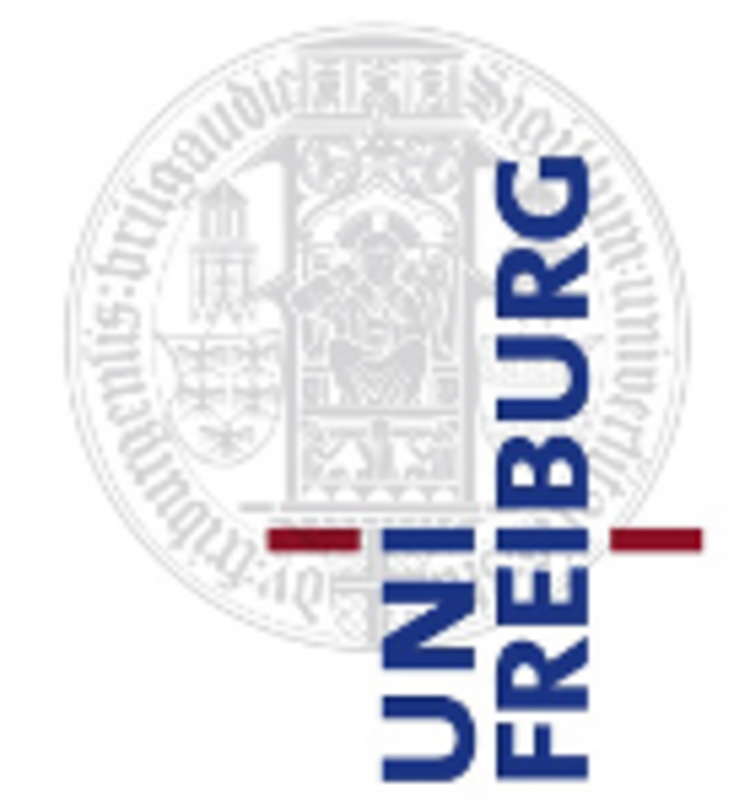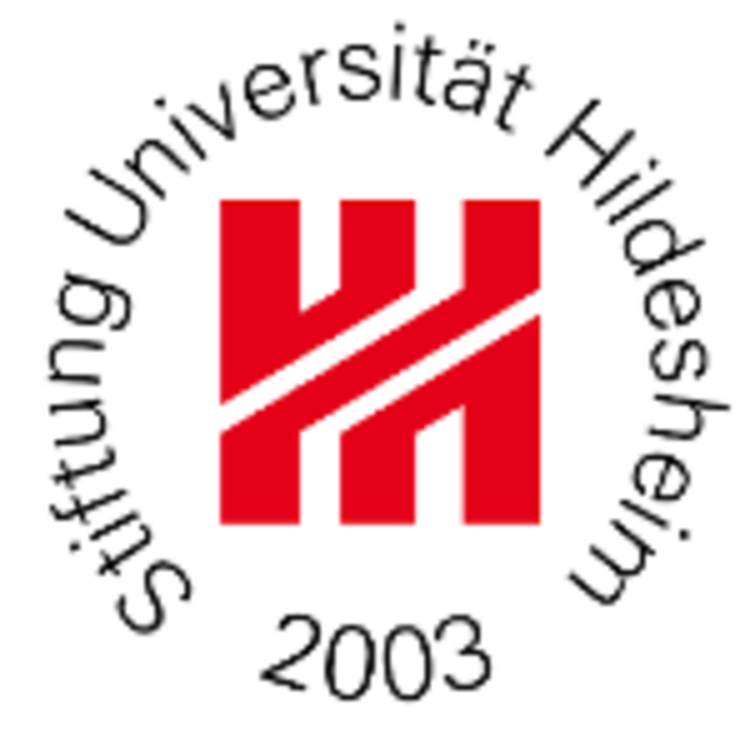Project
Collaborative Research Project COMTESS
Climate change threatens North-west Europe´s coastal areas primarily through accelerated sea-level rise, increasing storm surges, and increasing winter rainwater discharge. Today’s coastal land management is based on the protection against floods by sea walls and groundwater regulation by drainage. Accelerating sea-level rise and changes in hydrological cycles are likely to affect coastal ecosystems and may restrict the efficiency of these measures in the future. Based on a systematic stakeholder analysis and iterative stakeholder involvement through the length of the project, COMTESS will perform an inter- and transdisciplinary investigation of four land management options, applied to a North Sea and a Baltic Sea coastal region in Germany: (1) Water management: Construction of second coastal defense lines within the hinterland instead of heightening the primary sea wall and formation of freshwater polders enclosed by the primary and secondary dike line. Primary aims of this land management option are to restrict flooding to the polder area in case of limited breaches, to increase freshwater retention for use in dry periods, to prevent subsurface salt water intrusion, and to use reeds for green energy. (2) Carbon sequestration: Similar to the first land management option but polders will be extensively covered with reed fens to yield active peat formation. (3) Trend: Dairy farming and grassland as usual. However, flood events may substantially disrupt land use and incur higher drainage costs, thus reducing the ecological and economic viability of this land management. (4) Stakeholder-based: The three project-led land management options will be submitted to the evaluation of stakeholders of each case study region to explore stakeholder land use preferences. Stakeholder views will be thereby contrasted to economic and ecological rationales. Important emerging discrepancies, which might jeopardize the acceptance and feasibility of implementing the project-led land management options, will form the basis of a stakeholder-based land management option.
Each land management option implies the prioritization of certain ecosystem services (ESS, e.g. water management vs. carbon sequestration vs. food production) as well as synergies or trade-offs with other ESS (e.g. biodiversity vs. green energy production). COMTESS will quantify and evaluate the performance of multiple ecosystem functions and services (ESF / ESS) in each land management option in socio-economic and ecological terms. We expect that ESS will more often switch between positive and negative states with rising environmental stochasticity. COMTESS will quantify the ESF / ESS and the ecosystem’s resilience as realistically as possible on the plot level and upscale the results to the landscape level using a combination of statistical and process-based models. The results will be subject to an economic risk analysis. Moreover, key socio-cultural dimensions, which strongly influence the readiness of local communities to embrace innovative strategies towards sustainable land management will be investigated by means of detailed participative qualitative research. Particular focus will be placed on notions of regional belonging and identity, and sense of place and of safety. The links between preferred landscapes, land uses, underlying cultural values, existing and potential land use conflicts and associated ESF and ESS will be made explicit.
For the spatial transfer of results to other coastal regions ecological studies in the Netherlands (Zeeland) and in Denmark (Aarhus region) are performed.
Combining these scientific findings, together with stakeholders we will develop action- and decision-oriented suggestions on local and regional levels to promote sustainable management of vulnerable coastal landscapes in response to expected climate change. Based on this extensive research programme, COMTESS will contribute both scientifically and practically to the design of an evidence-based management of multifunctional coastal landscapes.

![[Translate to English:]](/f/5/inst/biologie/ag/landeco/intern/logo.gif?v=1413960139)







